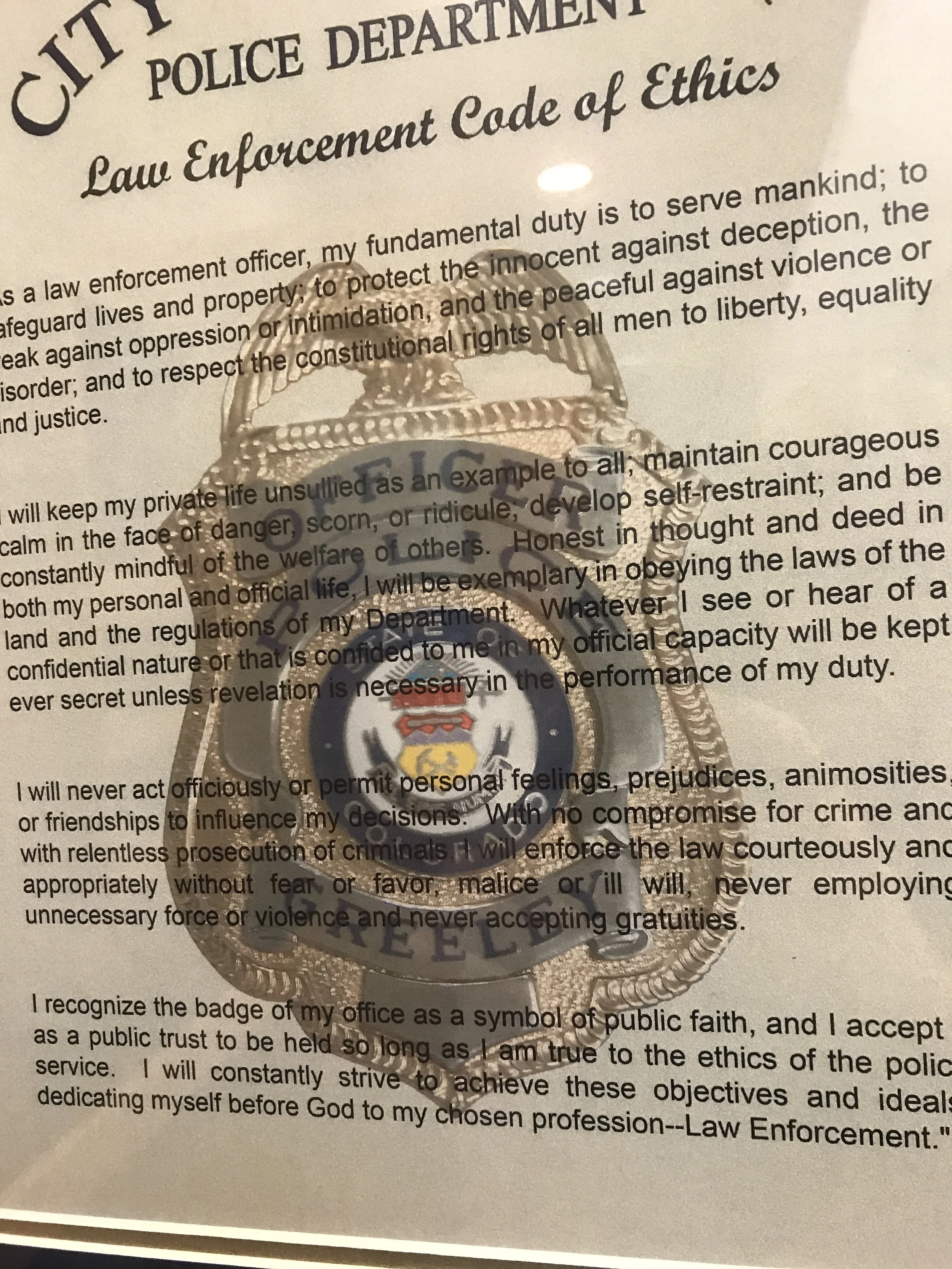Tyler Brunner
All across the country municipal courts operate almost entirely out of the sight and scrutiny of the public. There are over 6,500 municipal courts in the nation and each faces little to no county, state or federal oversight.1 This leaves municipal courts with almost complete free rein to write their own rules and put in place their own set of standards. In Colorado, this has led to inconsistencies among municipal courts, where procedures and documentation can vary greatly from city to city. Add to this the fact that, as Torie Atkinson of Harvard Law School puts it, “few, if any, judicial records exist” documenting what occurs in municipal courts or how they operate, and what’s left is an almost entirely unaccountable government entity.2
Not only do municipal courts lack accountability, but also those who work in the municipal courts themselves struggle to provide answers to more detailed questions. For example, if you were to ask what might occur to you if you’re unable to pay for a speeding ticket, the answer you’d receive would consist mainly of hypotheticals.3 And it’s also probably a guarantee that the person you ask would at some point rely on the phrase “it just depends.” Plus, finding these answers could take months. This inability to provide at least a moderately straightforward explanation points to just how insufficient our municipal court system is today. In addition to escaping accountability, lack of oversight allows these courts to escape the responsibility of having a structure in place that can be easily understood by the public.
Most people will probably wonder why it even matters that these small courts are only understood by a few and face little to no oversight. But it does matter—because most people will only have one experience with the criminal justice system, and this experience will likely come through an interaction with their local municipal court. After all, it’s far more likely the average citizen commits a minor traffic infraction than it is he or she commits a violent crime. In this sense, municipal courts are the courts of the people, of the masses. As such, municipal courts represent the country’s concept of justice to more individuals than any other court. This means the greater the justice municipal courts provide, the greater society’s belief in the country’s justice system as a whole turns out to be.
If citizens feel they’ve been treated unfairly or unjustly at the most basic level of the justice system, it becomes incredibly difficult to convince these same people that justice exists at any level.4 It’s important to remember that most of those with the feeling that “There’s no such thing as justice in this country” or with the attitude of “F* the police” have had their opinions shaped by personal experience. While many of these experiences stem from serious crimes, there’s still an alarming number of individuals who have formulated these opinions based on personal experiences stemming from interactions with their local municipal court. Without oversight and clear, logical processes in place, municipal courts fail citizens by producing a lack of trust, confidence and belief in the justice system and even in the principle of justice itself.
National and local institutions have raised these same concerns and have expressed a need for oversight of municipal courts. For example, the American Civil Liberties Union (ACLU) of Nebraska suggests the Nebraska “judicial branch should collect and publish data regarding the assessment and collection of fines, fees, and costs, how collected funds are distributed, broken down by race and type of crime.”5 In terms of the federal government, in the wake of the Department of Justice’s investigation into the Ferguson Police Department and Ferguson courts, the DOJ asked for “[i]ncreased oversight of municipal courts in St. Louis County and throughout the state of Missouri to ensure that courts operate in a manner consistent with due process, equal protection, and other requirements of the Constitution and other laws.”6 It seems some light is now starting to be shined into the areas where municipal courts have been allowed to operate in almost complete darkness. Hopefully more and more people and organizations across the country will be moved to see the importance of requiring accountability from municipal courts.
Notes
2 http://harvardcrcl.org/wp-content/uploads/2016/07/Municipal-Fines.pdf.
3 Throughout researching and questioning people working in different municipal courts (mainly in Colorado, but a few out of state as well), it was hard not to notice how often hypotheticals were relied on and how often the reply to many detailed questions was “Well, it depends.” It’s understandable that hypotheticals and redundant phrases will be relied upon when dealing with law, but the point still stands that it makes the process confusing and esoteric.
4 A January 2017 paper that was part of a series resulting from the “Executive Session on Community Corrections” at Harvard Kennedy School notes that “to the extent that CJFOs (criminal justice financial obligations) are administered in unfair and unjust ways, it should come as no surprise that the U.S. system of CJFOs breeds deep distrust of the criminal justice system, especially among the poor and people of color. To illustrate, the Department of Justice (DOJ) report on Ferguson highlighted how the unfair, unlawful, disrespectful and harmful practices of the police and the courts, both in Ferguson and in nearby towns and cities, led Ferguson’s black residents to both fear and distrust them, further deteriorating already strained relations between law enforcement and the communities they are tasked to serve as well as contributing to less effective, more difficult, less safe and more discriminatory policing (U.S. Department of Justice, 2015).”
5 https://www.aclunebraska.org/sites/default/files/field_documents/unequal_justice_2016_12_13.pdf.

